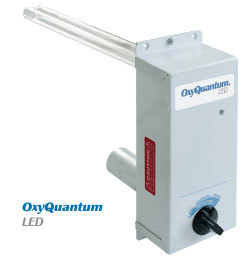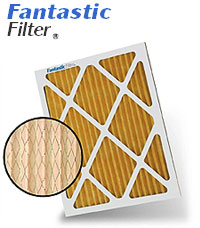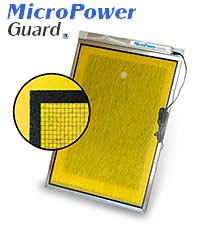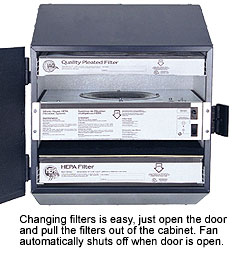Many homeowners heat their houses with traditional methods such as natural gas or electricity. An intriguing alternative, however, has begun to make inroads into the market. Called geothermal heating, this option makes use of the abundant supply of heat beneath the Earth’s surface. Here are 5 things you should know about this attractive fuel source for home heating installation.
1. How It Works
Geothermal heating relies on a series of pipes, known as a loop system, that are placed under the soil. The pipes circulate water that is heated by the constant temperature of the Earth under the ground. This temperature beneath the soil is generally about 50 to 70 degrees Fahrenheit to a depth of 20 feet. The loop system is connected to a geothermal heat pump that is above ground. The heat pump uses the heated water to warm the air in your home.
2. Efficiency
One of the main advantages of geothermal heat pumps and geothermal heating is that they are much more efficient than the alternatives in most cases. Most Geothermal systems have a high Coefficient or Performance (COP) ranging from 3.0 to 5.0.Here is a comparison between geothermal heating and some of its alternatives
- Geothermal is about 48 percent more efficient than natural gas
- It’s 75 percent less wasteful than oil heating
- More efficient than electric heating as well
3. Cost
Because geothermal heating is so efficient, it uses less energy to heat your home than almost any other fuel source. For each unit of electricity used, geothermal pumps can produce up to 5 units of heating or cooling in your house. This leads to lower monthly utility bills and significant energy and cost savings over time.
4. Loops
You have several alternatives when it comes to choosing the type of loop system you want to install on your property. If you have a large lot, then a horizontal system is relatively easy to install and makes a good choice. If you have a smaller lot, or space is at a premium, then you can use a vertical loop system where the underground pipes are buried straight up and down. Installing a vertical system is a little more complicated and might require the use of well-drilling equipment.
Another possibility, if you have a lake or pond on your property, is to place the loop system in the pond or lake. This is a good choice as it does not involve extensive excavation.
5. Environment
Yet another critical point to remember about geothermal heat pumps and loop systems is that they are environmentally friendly. Geothermal heating, unlike some other fuel sources, does not burn any fossil fuels or create any greenhouse gases, such as carbon dioxide. They also do not produce any carbon monoxide, an extremely dangerous gas.
Using geothermal heat pumps to heat your home clearly has a number of important benefits that make geothermal heat a compelling fuel source. This type of system could be the perfect way to save money on your energy bills and also help the environment. But the installation of Geo thermal Heating should only be handled by an HVAC company that has enormous experience in working safely and efficiently with these systems. If you would like to learn more about geothermal heating, contact the experts at H&H Heating and Air Conditioning.






